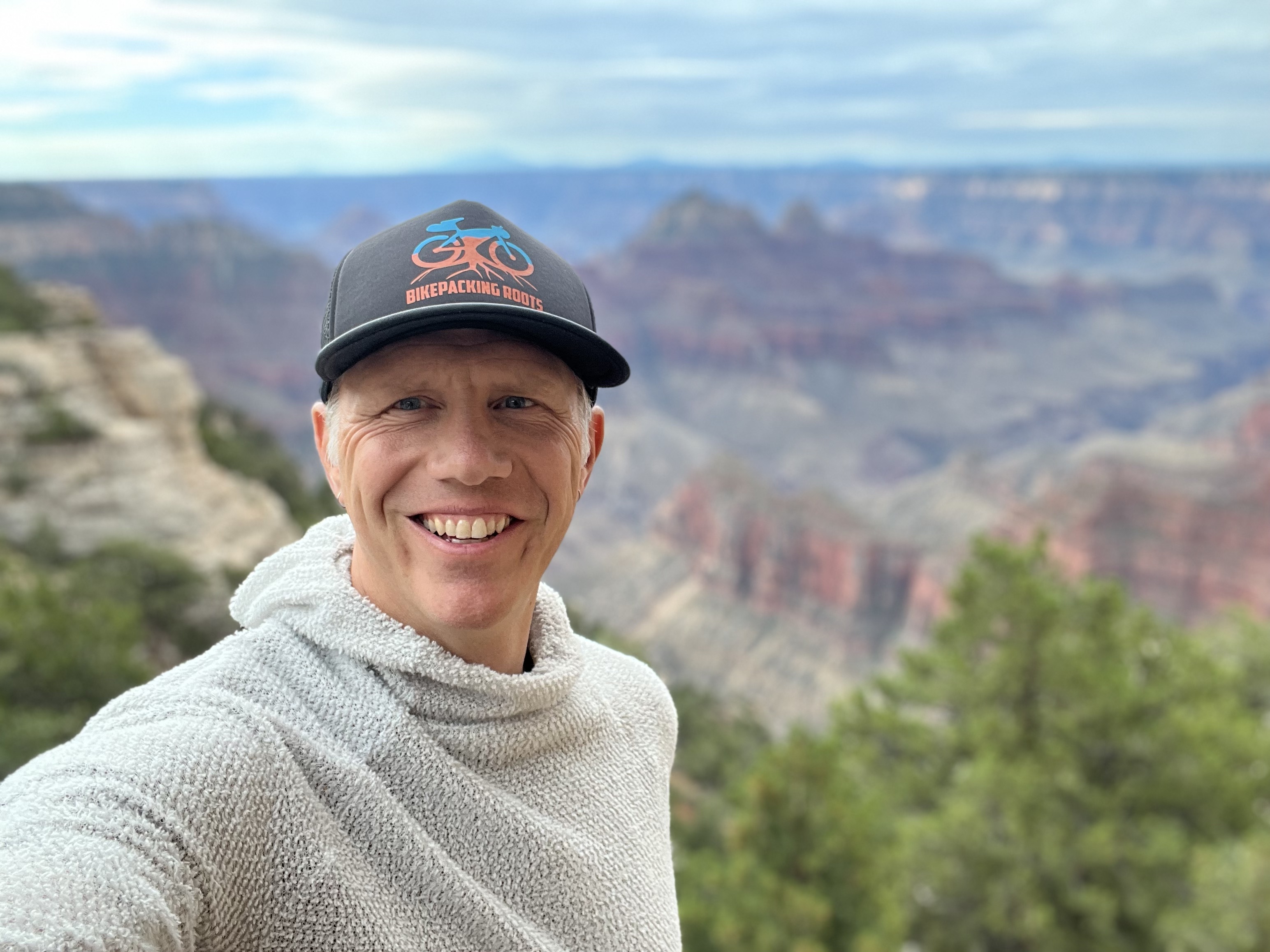Homework
Guidelines
Reviewing material from previous courses and looking up definitions and theorems you may have forgotten is fair game. Since mathematical reasoning, problem solving, and critical thinking skills are part of the learning outcomes of this course, all assignments should be prepared by the student. Developing strong competencies in this area will prepare you to be a lifelong learner and give you an edge in a competitive workplace. When it comes to completing assignments for this course, unless explicitly told otherwise, you should not look to resources outside the context of this course for help. That is, you should not be consulting the web (e.g., Chegg and Course Hero), generative artificial intelligence tools (e.g., ChatGPT), mathematics assistive technologies (e.g., Wolfram Alpha and Photomath), other texts, other faculty, or students outside of our course in an attempt to find solutions to the problems you are assigned. On the other hand, you may use each other, the textbook, me, and your own intuition. You are highly encouraged to seek out assistance by asking questions in our Q&A Discussion board in Canvas. You are allowed and encouraged to work together on homework. Yet, each student is expected to turn in their own work. If you feel you need additional resources or support, please come talk to me and we will come up with an appropriate plan of action. In general, late homework will not be accepted. However, you are allowed to turn in up to two late homework assignments. Unless you have made arrangements in advance with me, homework turned in after class will be considered late.
Assignments
I reserve the right to modify an assignment if the need arises.
- Homework 1: Complete the problems found here. (Due Friday, January 26)
- Homework 2: Complete the problems found here. (Due Wednesday, January 31)
- Homework 3: Complete the problems found here. (Due Friday, February 9)
- Homework 4: Complete the problems found here. (Due Wednesday, February 14)
- Homework 5: Complete the problems found here. (Due Wednesday, February 21)
- Homework 6: Complete the problems found here. (Due Wednesday, February 28)
- Homework 7: Complete the problems found here. (Due Wednesday, March 6)
- Homework 8: Complete the problems found here. (Due Friday, March 22)
- Homework 9: Complete the problems found here. (Due Friday, March 29)
- Homework 10: Complete the problems found here. (Due Friday, April 5)
- Homework 11: Complete the problems found here. (Due Wednesday, April 10)
- Homework X: This assignment is optional. Complete the problems found here. (Due Wednesday, April 17)
- Homework 12: Complete the problems found here. (Due Friday, April 26)
- Homework 13: Complete the problems found here. (Due Friday, May 3)
Dana C. Ernst
Mathematics & Teaching
Northern Arizona University
Flagstaff, AZ
Website
928.523.6852
BlueSky
Instagram
Facebook
Strava
GitHub
arXiv
ResearchGate
LinkedIn
Mendeley
Google Scholar
Impact Story
ORCID
Buy me a coffee
Current Courses
About This Site
This website was created using GitHub Pages and Jekyll together with Twitter Bootstrap.
Unless stated otherwise, content on this site is licensed under a Creative Commons Attribution-Share Alike 4.0 International License.
The views expressed on this site are my own and are not necessarily shared by my employer Northern Arizona University.
The source code is on GitHub.
Land Acknowledgement
Flagstaff and NAU sit at the base of the San Francisco Peaks, on homelands sacred to Native Americans throughout the region. The Peaks, which includes Humphreys Peak (12,633 feet), the highest point in Arizona, have religious significance to several Native American tribes. In particular, the Peaks form the Diné (Navajo) sacred mountain of the west, called Dook'o'oosłííd, which means "the summit that never melts". The Hopi name for the Peaks is Nuva'tukya'ovi, which translates to "place-of-snow-on-the-very-top". The land in the area surrounding Flagstaff is the ancestral homeland of the Hopi, Ndee/Nnēē (Western Apache), Yavapai, A:shiwi (Zuni Pueblo), and Diné (Navajo). We honor their past, present, and future generations, who have lived here for millennia and will forever call this place home.

